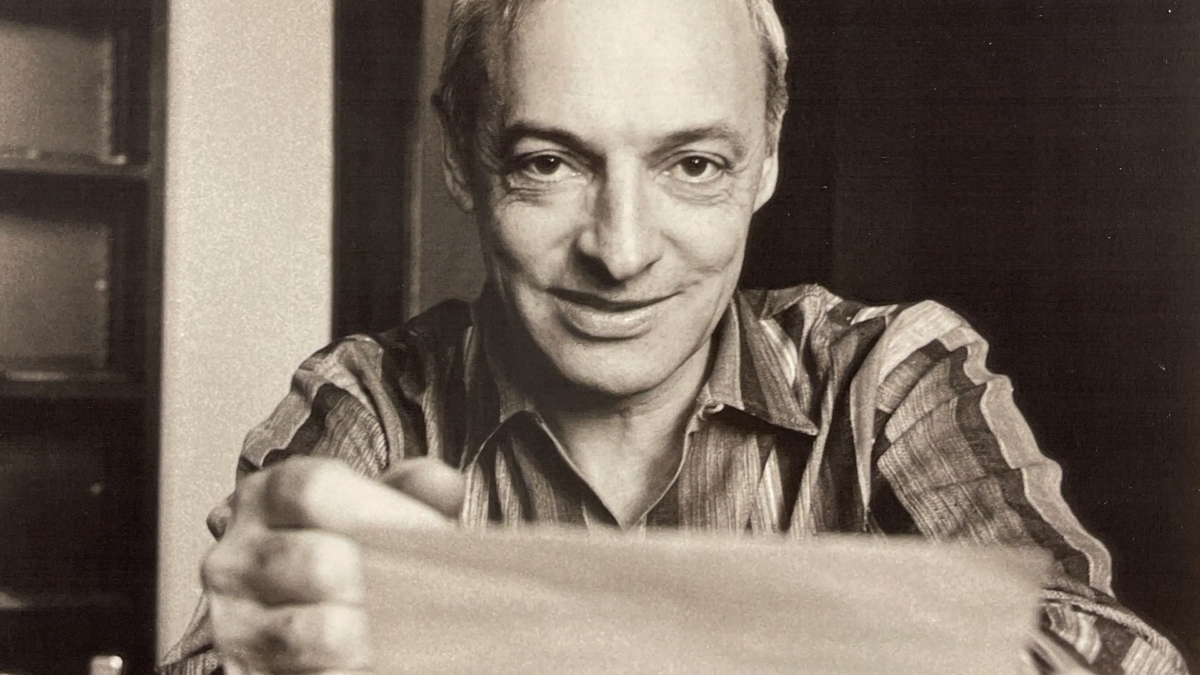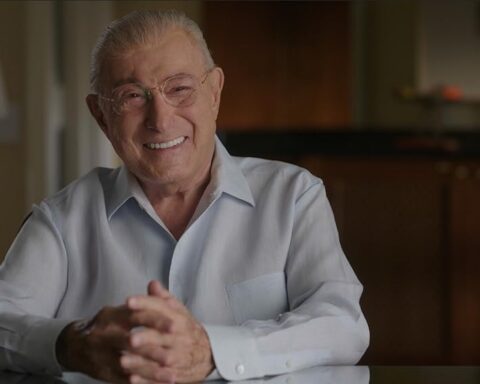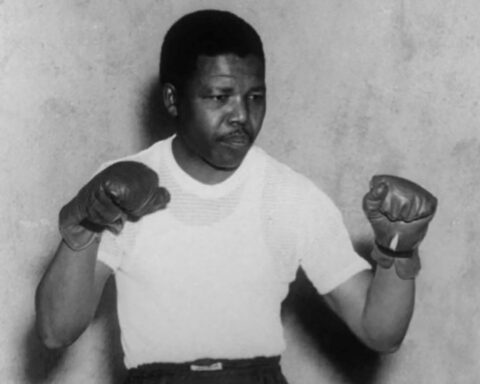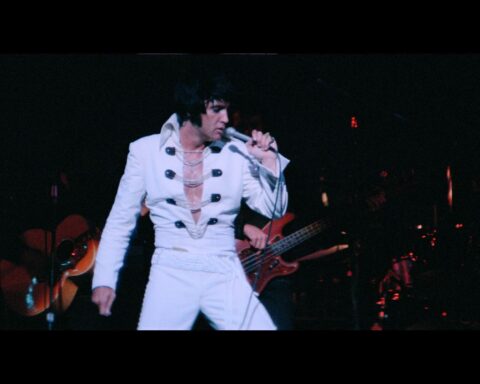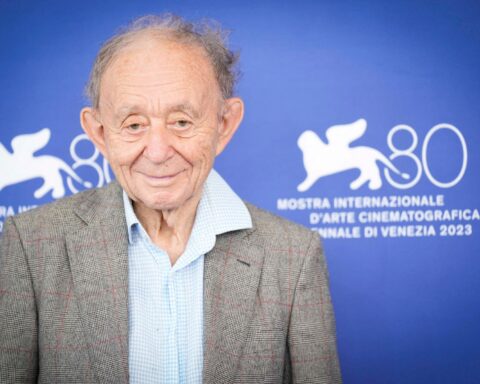Saul Bellow is one of the most honoured writers of the 20th century. Over the course of a literary career that lasted well over a half century, Bellow won three National Book Awards, a Pulitzer Prize and the grandest accolade of all, the Nobel Prize. He ushered in the post-WW2 era when North American Jewish writers like Philip Roth, Bernard Malamud, Norman Mailer, and Mordecai Richler became best-selling novelists. His mixture of street wise argot and up-scale philosophizing hit the critics and the public as being utterly original; at any rate, it was a prose style that freed readers and writers from the hegemony of Hemingway’s stark minimalist approach to storytelling. But who was he as a man? What was his life like?
Israeli-American director Asaf Galay tackles these and other questions in his documentary The Adventures of Saul Bellow. Galay’s film shuttles back and forth between praise and analysis of his novels by such luminaries as Martin Amis, Philip Roth, Salman Rushdie, Charles Johnson and James Atlas and accounts of his private life from his sons Adam, Daniel, and Gregory and wives Alexandra and Janis. Yes, I said wives; Bellow was married five times and fathered four children. He was equally prolific as a writer, producing 14 novels, four non-fiction compilations of essays, letters, and memoirs, three short story collections and one play. Bellow also loved teaching—it’s where he met many of his wives—and taught at Yale University, University of Minnesota, New York University, Princeton University, University of Puerto Rico, University of Chicago, Bard College and Boston University.
That’s a lot to cover in one film so Galay relies on Bellow’s family and literary colleagues to create controversy about Bellow’s life and work. The main accusations about Bellow are that he was a womanizer, narcissist, racist and misogynist. Those aren’t difficult claims to make about a man who married five times, is known to have had numerous affairs, and shifted his political convictions from Trotskyist to right-wing conservative over a long lifetime. His sons from three marriages, Adam, Daniel and Gregory, seem more than a bit chagrined to really dish the dirt about their famous father, but they do stick up for their mothers, who were clearly intelligent and attractive women but eventually broke up with Bellow as his life moved in different directions. Making a better case for the Bellow women is Vivian Gornick, a literary critic who cites passages from Bellow’s novels that do reek of misogyny. Even Bellow’s last wife, Janis Freedman-Bellow, the one who outlived him, admits that she hated the character based on her in Bellow’s final novel Ravelstein. Bellow (in archival footage) admits that his old friend Allan Bloom, the author of the right-wing best-seller The Closing of the American Mind, was upset by Ravelstein. The main character in that book is obviously based on Bloom— and is outed as gay and dying of AIDS. Finally, distinguished Black American writer Charles Johnson points out racist sections in one of Bellow’s National Book Award novels, Mr. Sammler’s Planet.
While that certainly makes a case for not reading Bellow, Galay balances the doc with assessments of his literary work. From Salman Rushdie and Martin Amis, we find out how Bellow’s prose style help to free up modern writing, placing intellectual perspectives into personal narratives. Scholar Hana Wirth-Nesher and others such as Zachary Leader praise Bellow’s mastery of the novel and ability to create such exceptional characters as the titular figure in the novel Herzog, Von Humbolt Fleischer and Charlie Citrine (in Humboldt’s Gift) and Albert Corde (in The Dean’s December). Even more persuasively, the great and even more controversial author Philip Roth speaks of Bellow’s brilliance as a prose writer of genius.
It is probable that a writer like Saul Bellow wouldn’t be as successful today as he was in his heyday. His attitudes towards women and Blacks in his books will make his works controversial forever. But as a prose stylist, novelist and truth-teller during his day, his best books will likely be read for a very long time. Asaf Galay has constructed a solid profile of a top literary figure, from his birth in Lachine, Quebec through his best days in his beloved Chicago to his death in New England.




